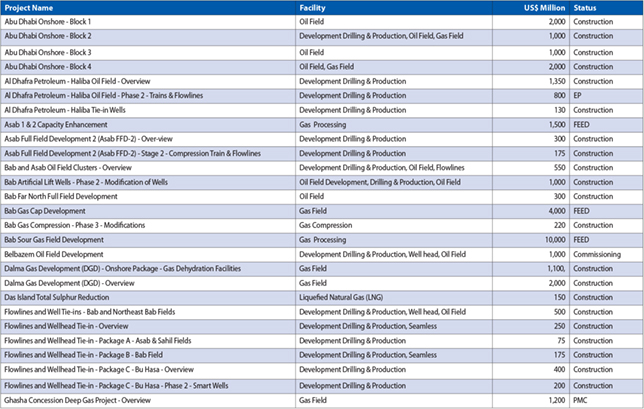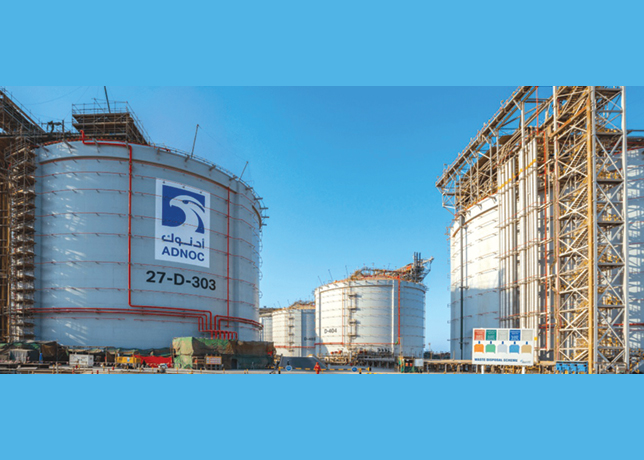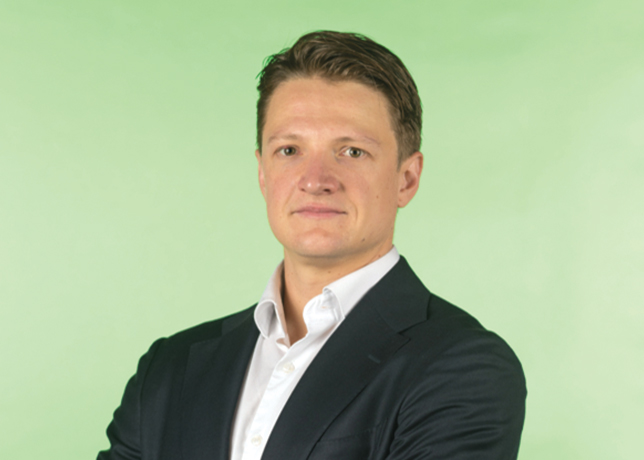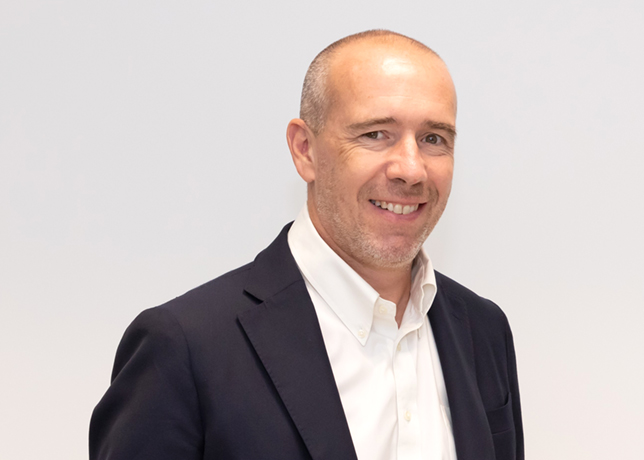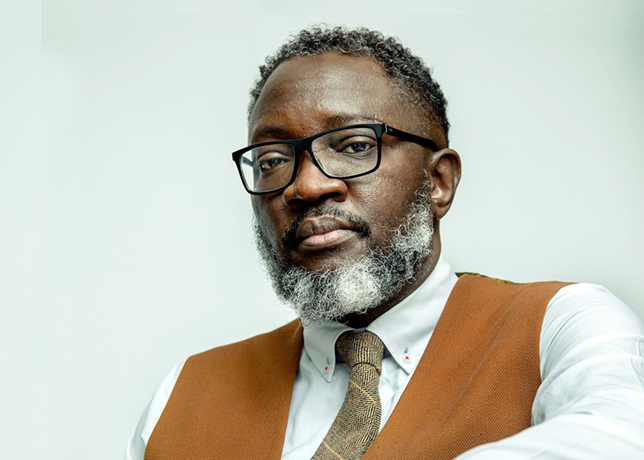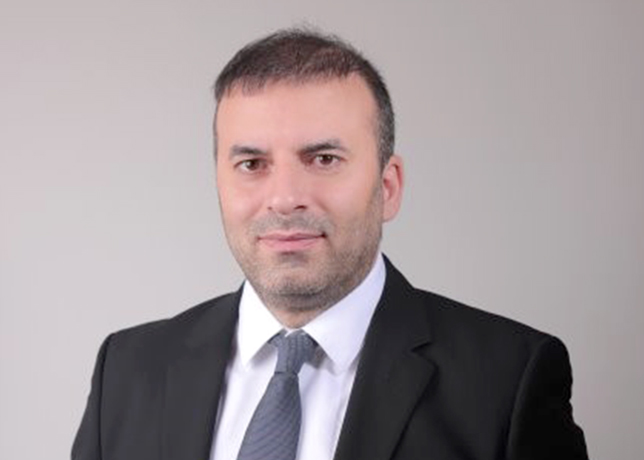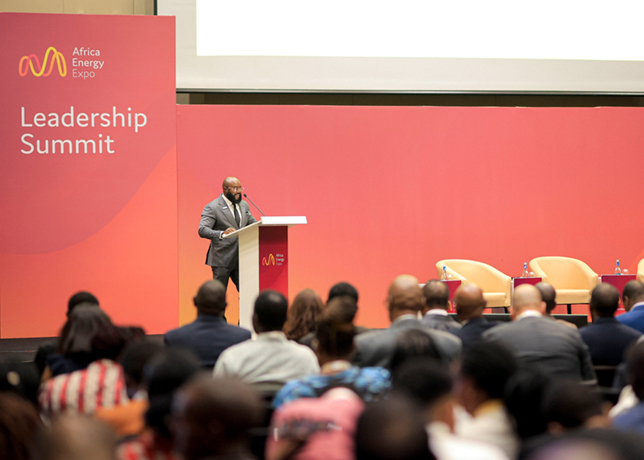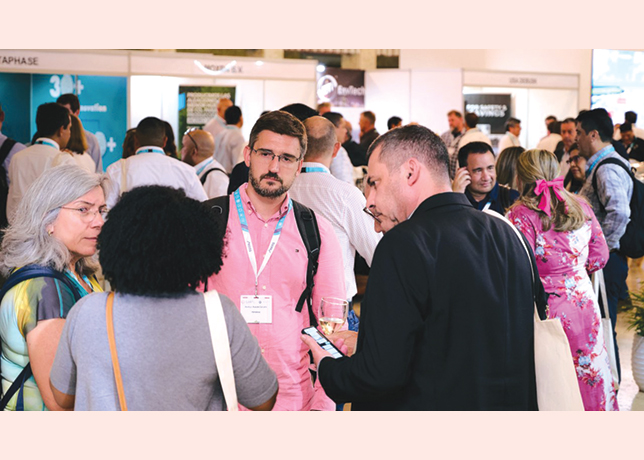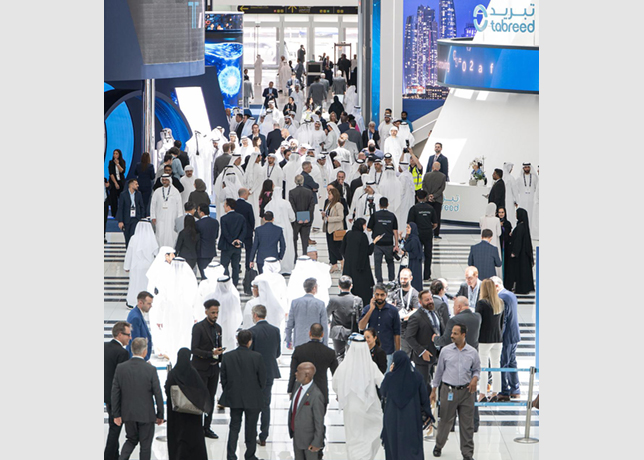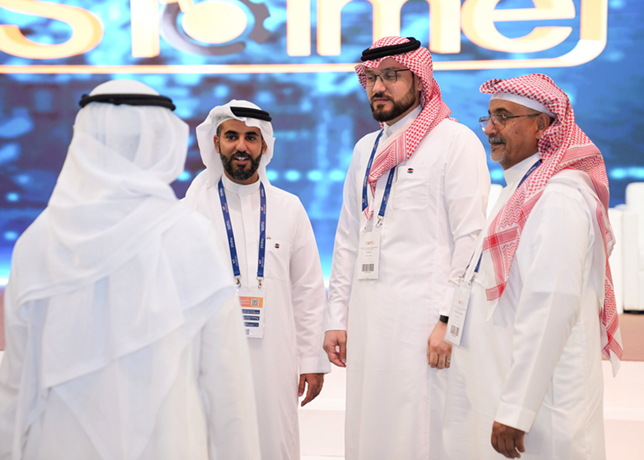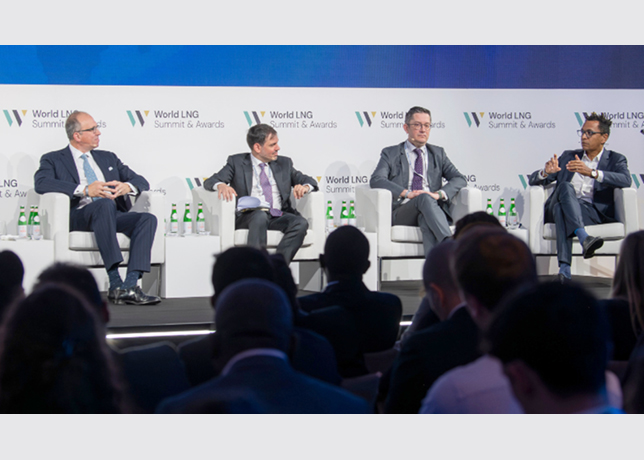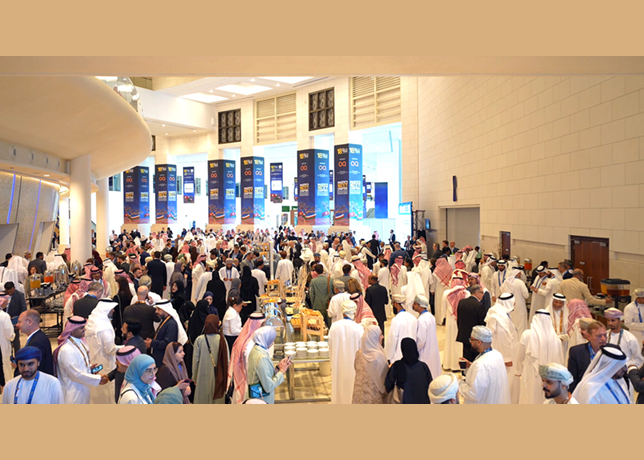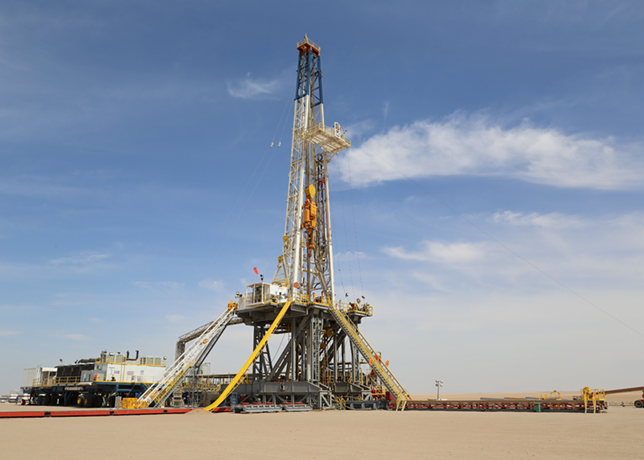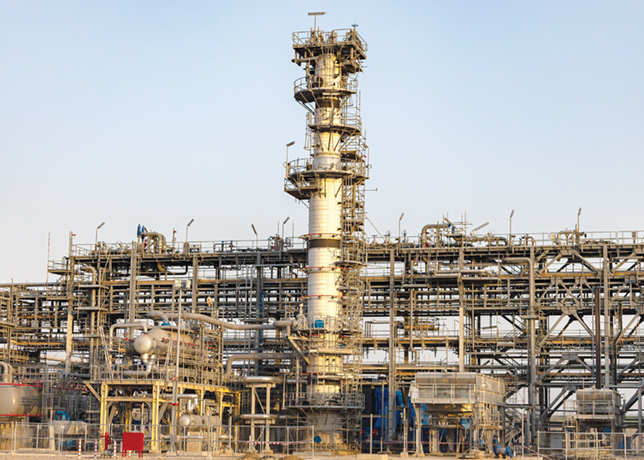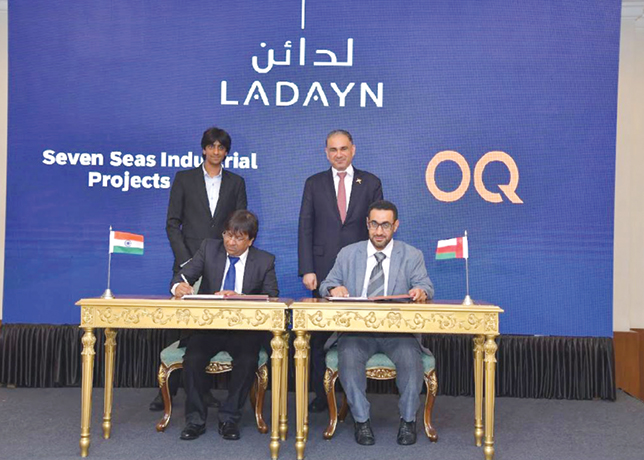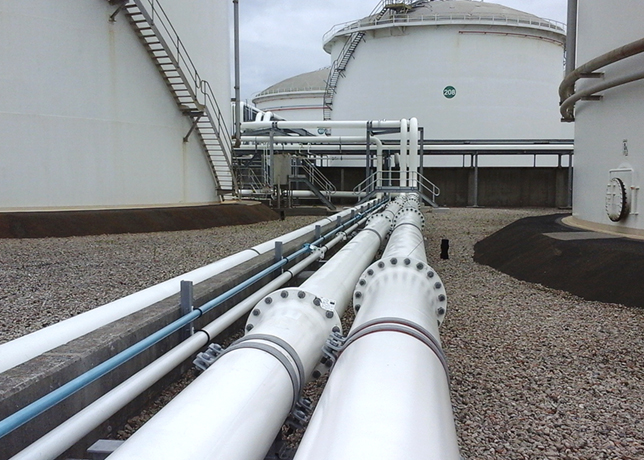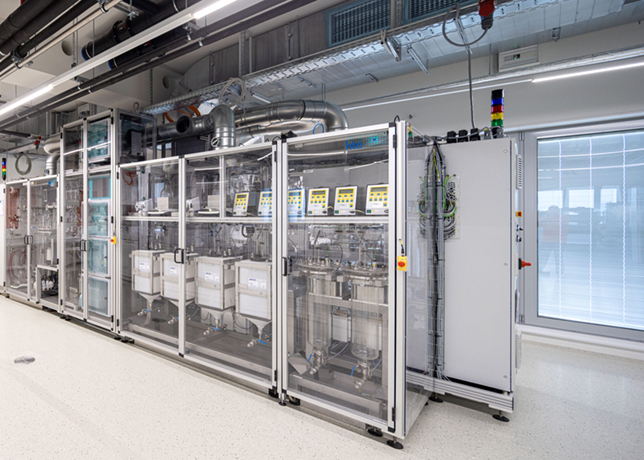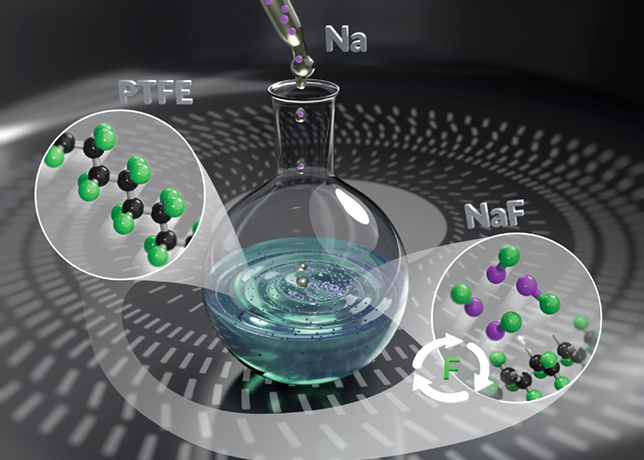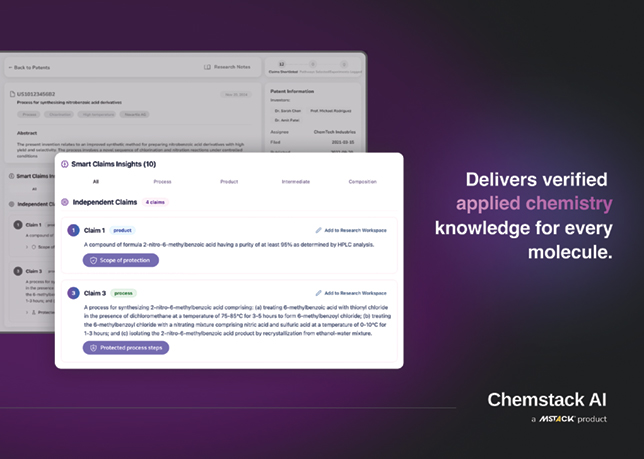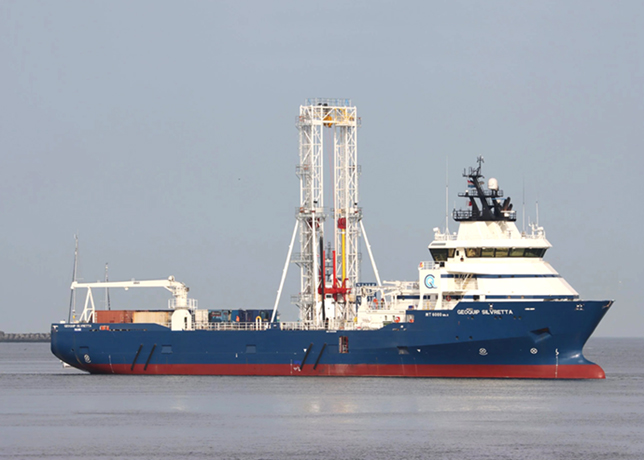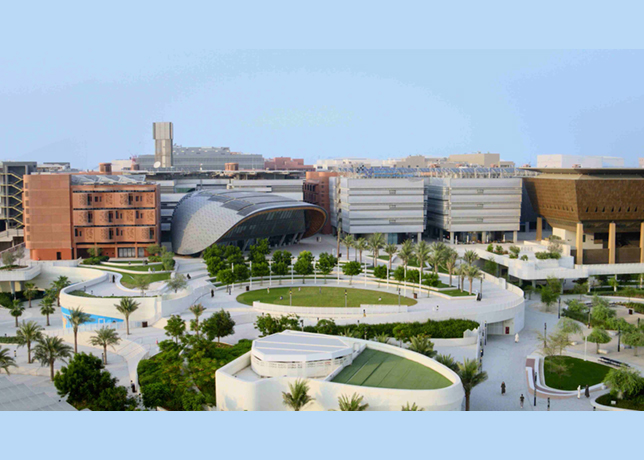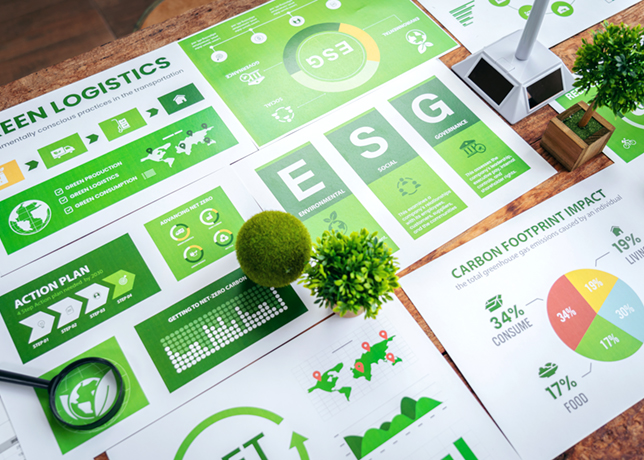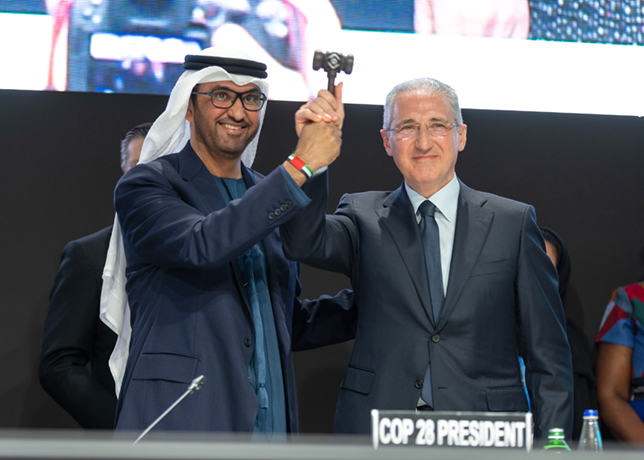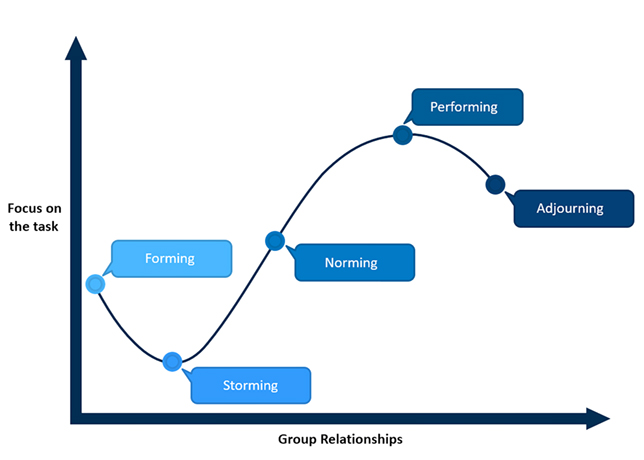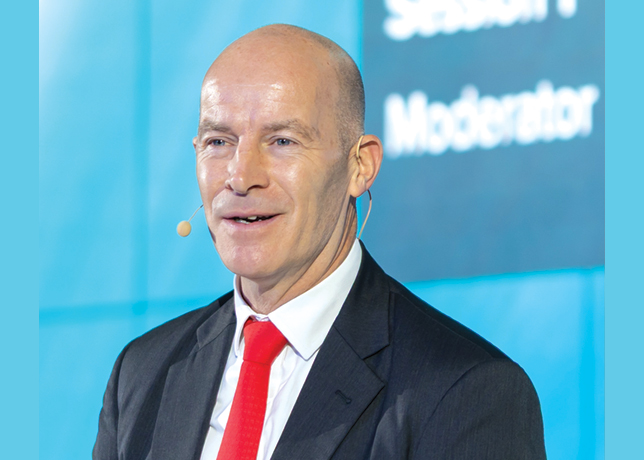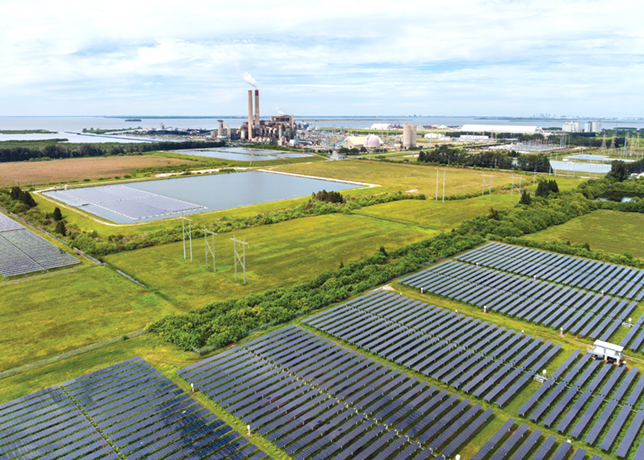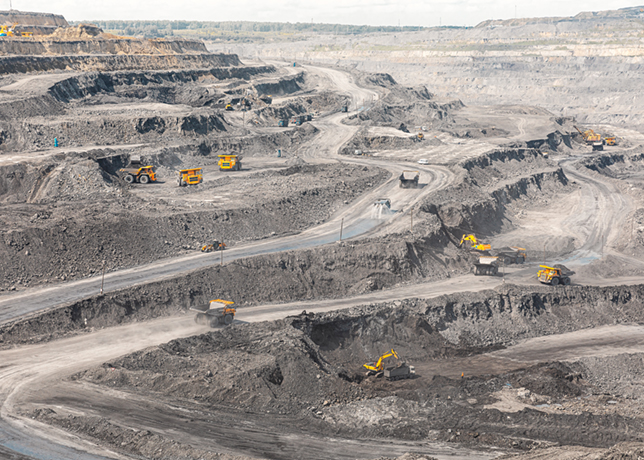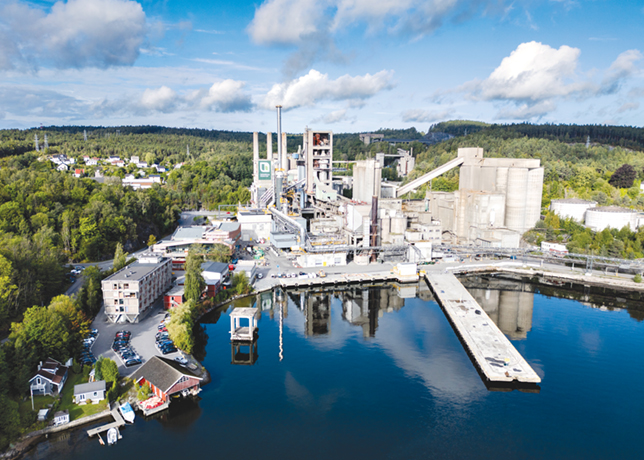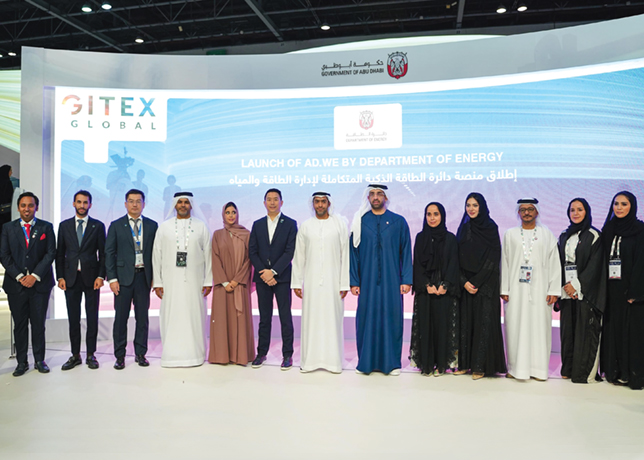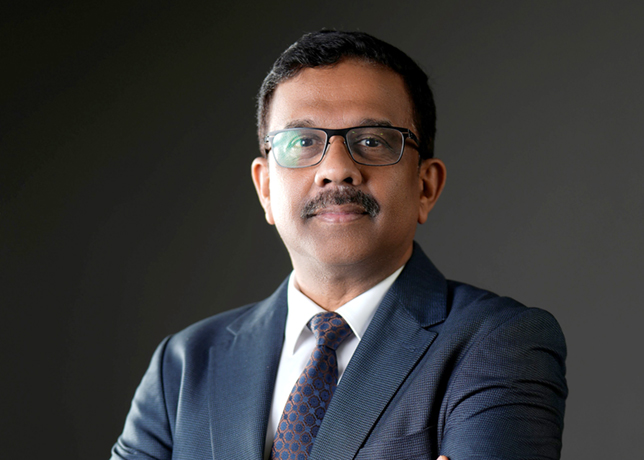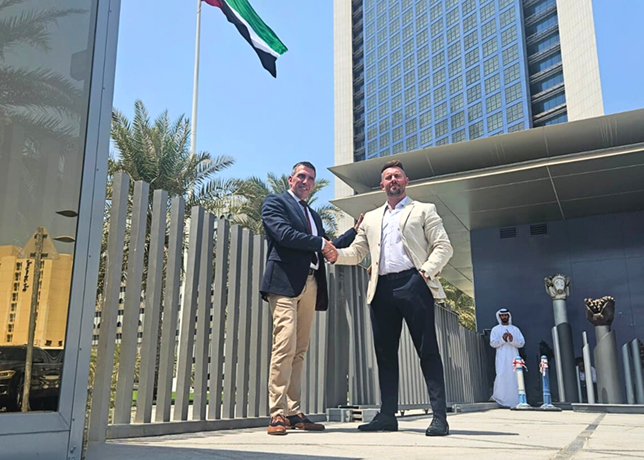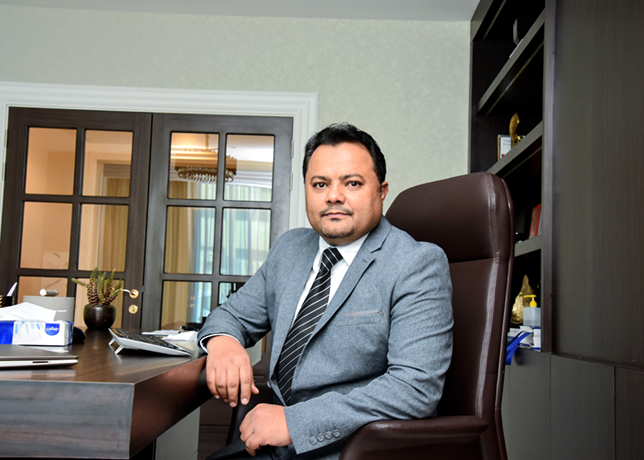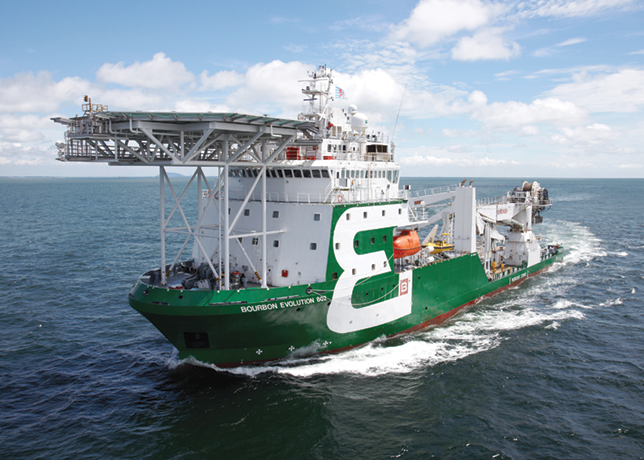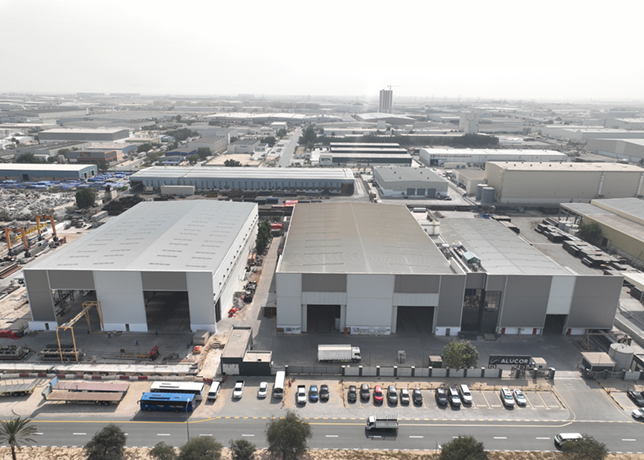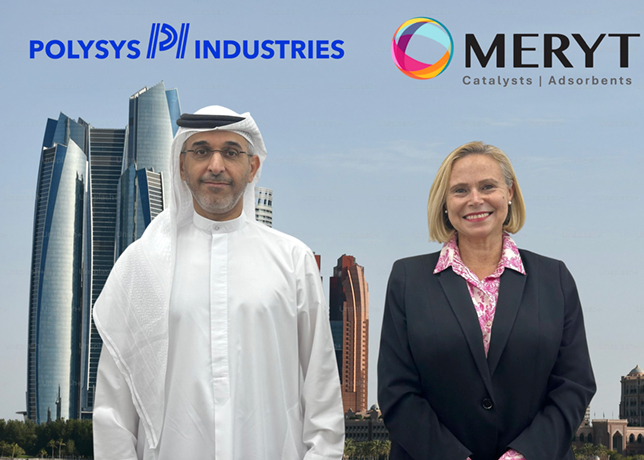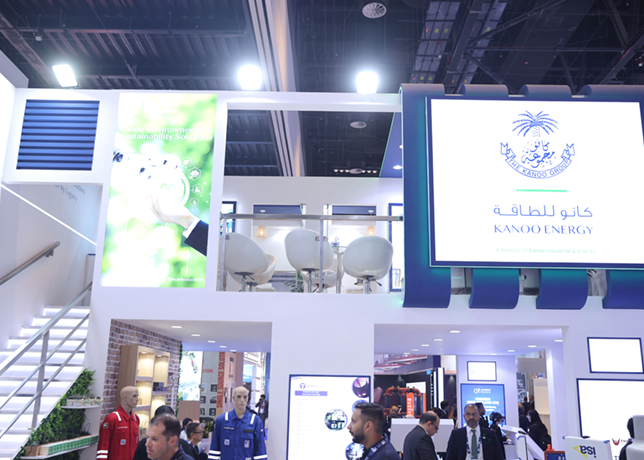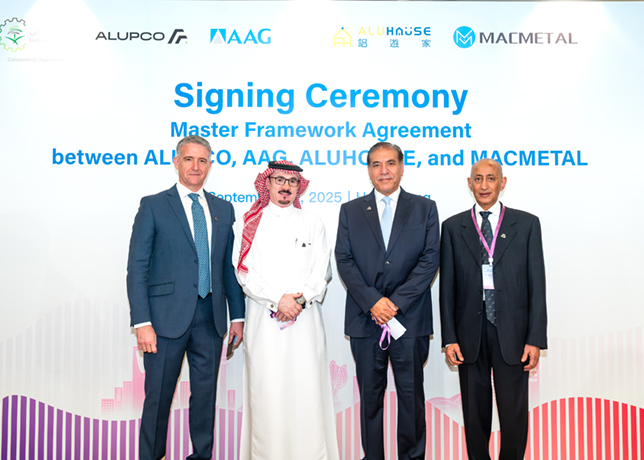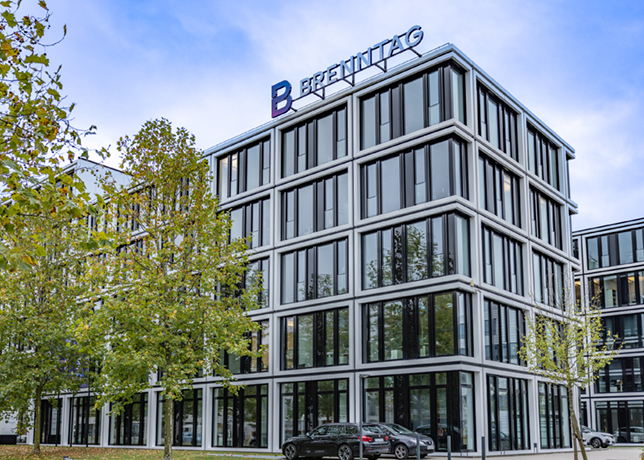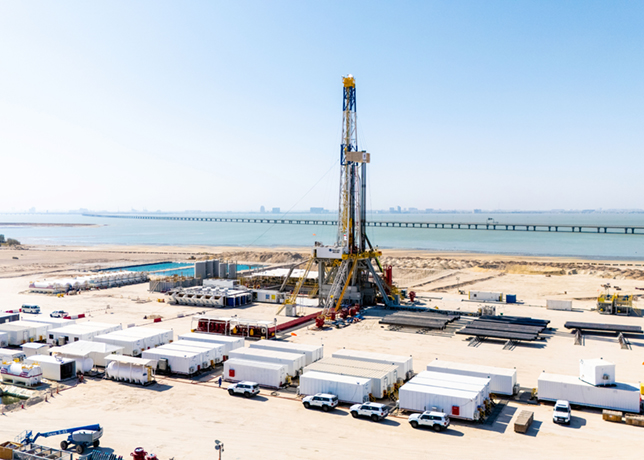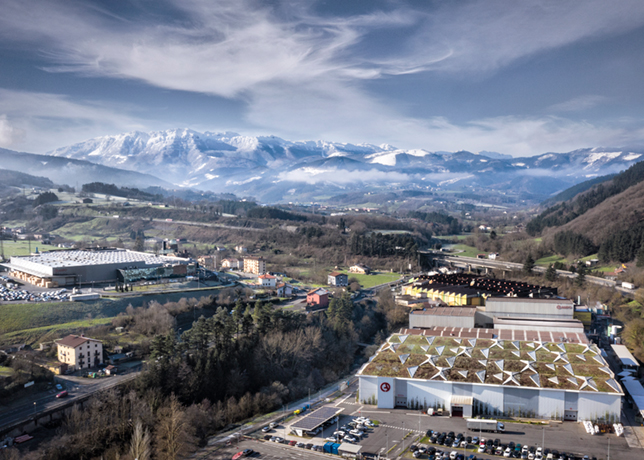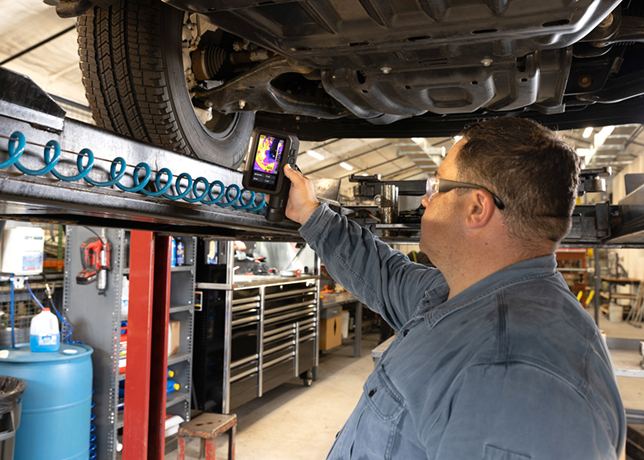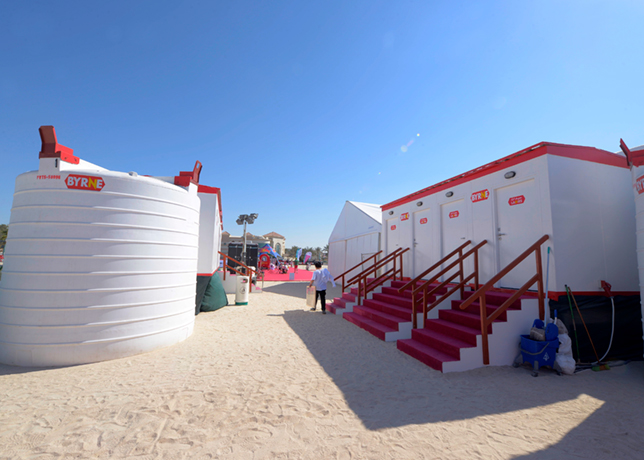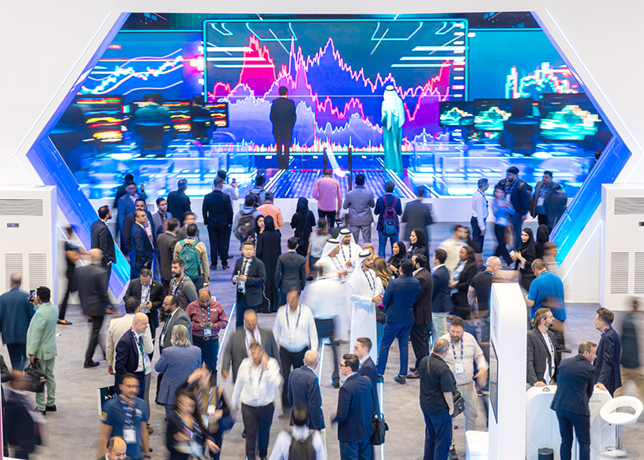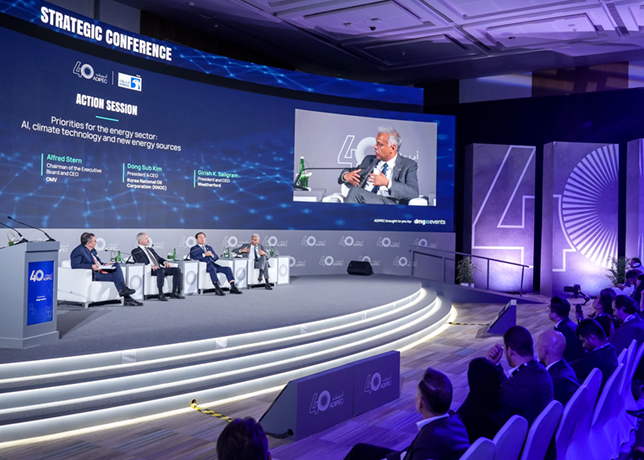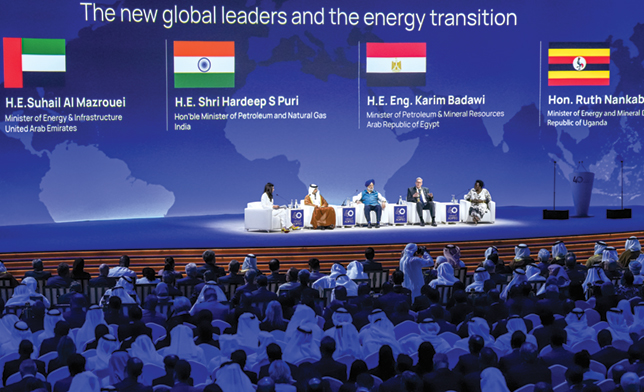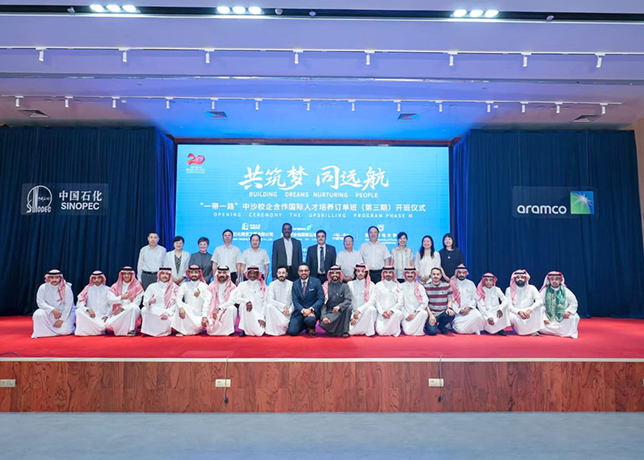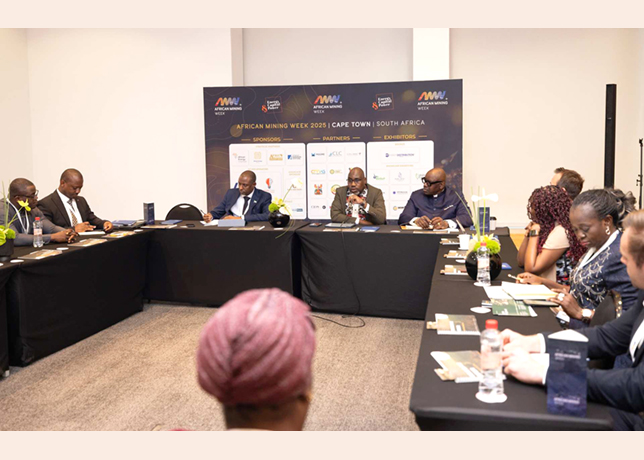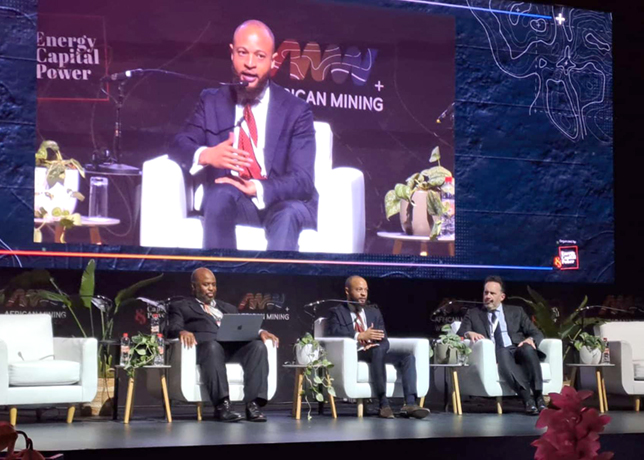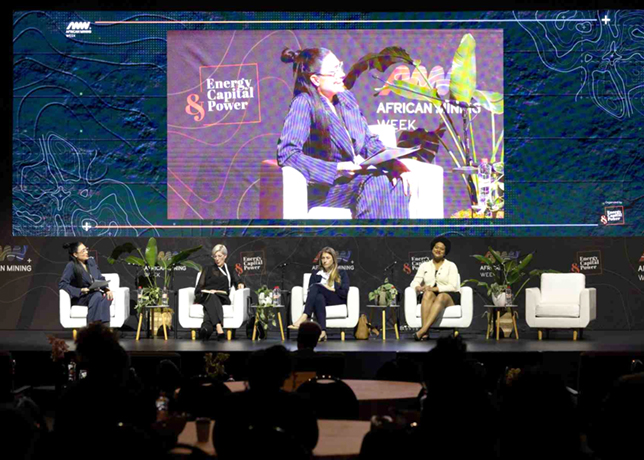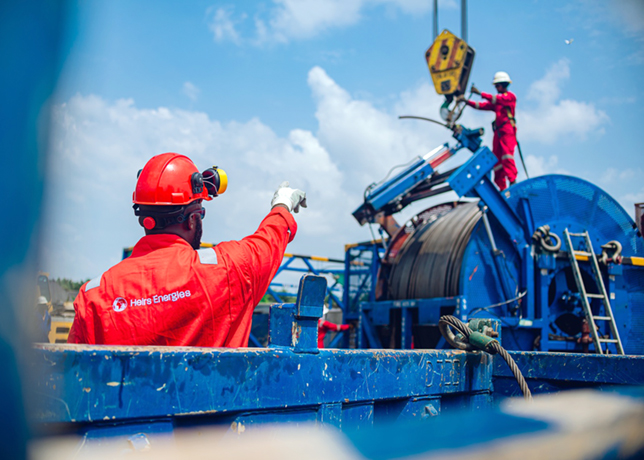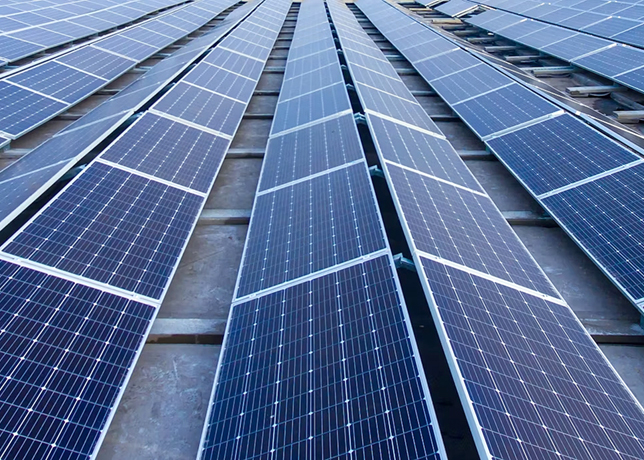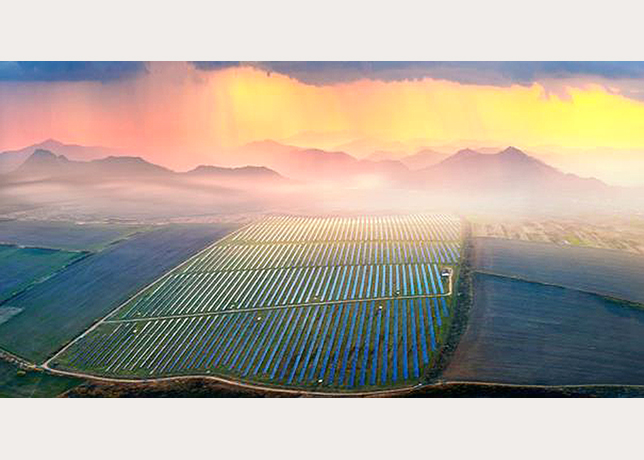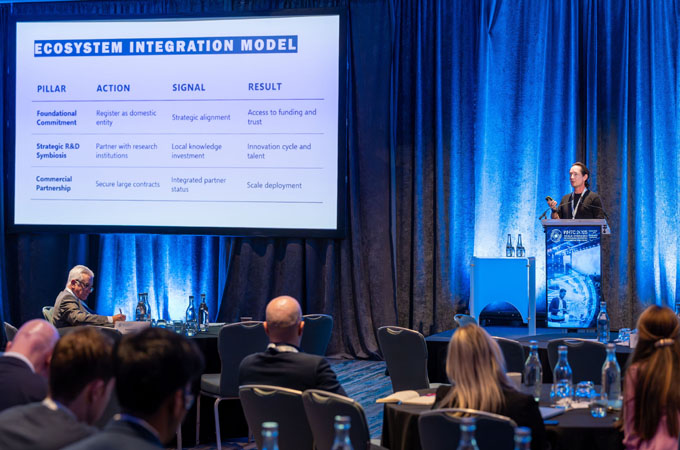
The GCC is ideally positioned to play a major role in the global transition to hydrogen power, helping realise key economic and SDG goals – but policy stagnation is holding the transition back with countries failing to build the integrated ecosystems needed to convert proven science into large-scale projects, said a Bahrain-based strategist at a high profile gathering of international experts in Ireland.
Speaking at the World Hydrogen Technologies Convention
(WHTC) 2025, the flagship global gathering for hydrogen and fuel-cell science,
technology and market development, Ben Queisser, co-founder and CEO of Apex
Ventures, a GCC launchpad agency that helps IP-rich innovators enter, localise
and scale across the region, said the global transition to hydrogen power is
being held back by policy limitations, not technology - and presented a
pragmatic, three-point blueprint to overcome current challenges.
“Technology has taken hydrogen to the starting line, but
it’s policy and ecosystem integration that gets it across the finish. Countries
that are easy to enter, easy to learn, and easy to scale will win investment,
jobs and climate impact,” said Queisser. “To do so, we must focus on converting
proven technology into financeable plants across borders. This includes
standardised contracts, aligned certification and synchronised approvals that
turn a blueprint into a bankable, steel-in-the-ground reality,” he said.
Queisser challenged policymakers and investors to abandon
pilot project paralysis and adopt a three-pronged Ecosystem Integration model:
Foundational Commitment (become a domestic player), Strategic R&D
collaboration (co-develop local IP and talent), and Commercial Partnership
(standardised contracts, certification and synchronised approvals) to compress
time to Final Investment Decisions as well as access to both public and private
capital.
Queisser’s WHTC 2025 presentation connects the proposed
model to real-world execution, pointing to the NEOM Green Hydrogen Company in
Saudi Arabia, publicly reported at $8.4bn financial close with long-tenor
offtake, as evidence that translation can become steel in the ground at
industrial scale. It also links the model to interconnected Sustainable
Development Goals (SDGs), particularly affordable and clean energy (SDG 7),
industry, innovation, and infrastructure (SDG 9), climate action (SDG 13), and
partnerships for the goals (SDG 17).
“With world-class renewable resources and logistics
advantages, the GCC is ideally positioned to supply low-emissions molecules
competitively, helping realise strategic economic and sustainability agendas,”
said Queiser. “Saudi Arabia’s momentum, from NEOM’s “steel in the ground” to
emerging west-coast platforms, demonstrates how scale follows domestic
presence, R&D localisation and bankable offtake. Bahrain, as a nimble,
finance-savvy hub, can operationalise the playbook rapidly streamlining entry,
enabling shared testbeds and aligning certification with export markets while
leveraging its pro-business environment to attract innovators and capital – in
essence becoming a launchpad,” he said. -OGN/TradeArabia News Service



